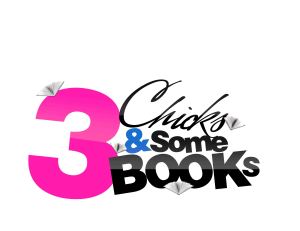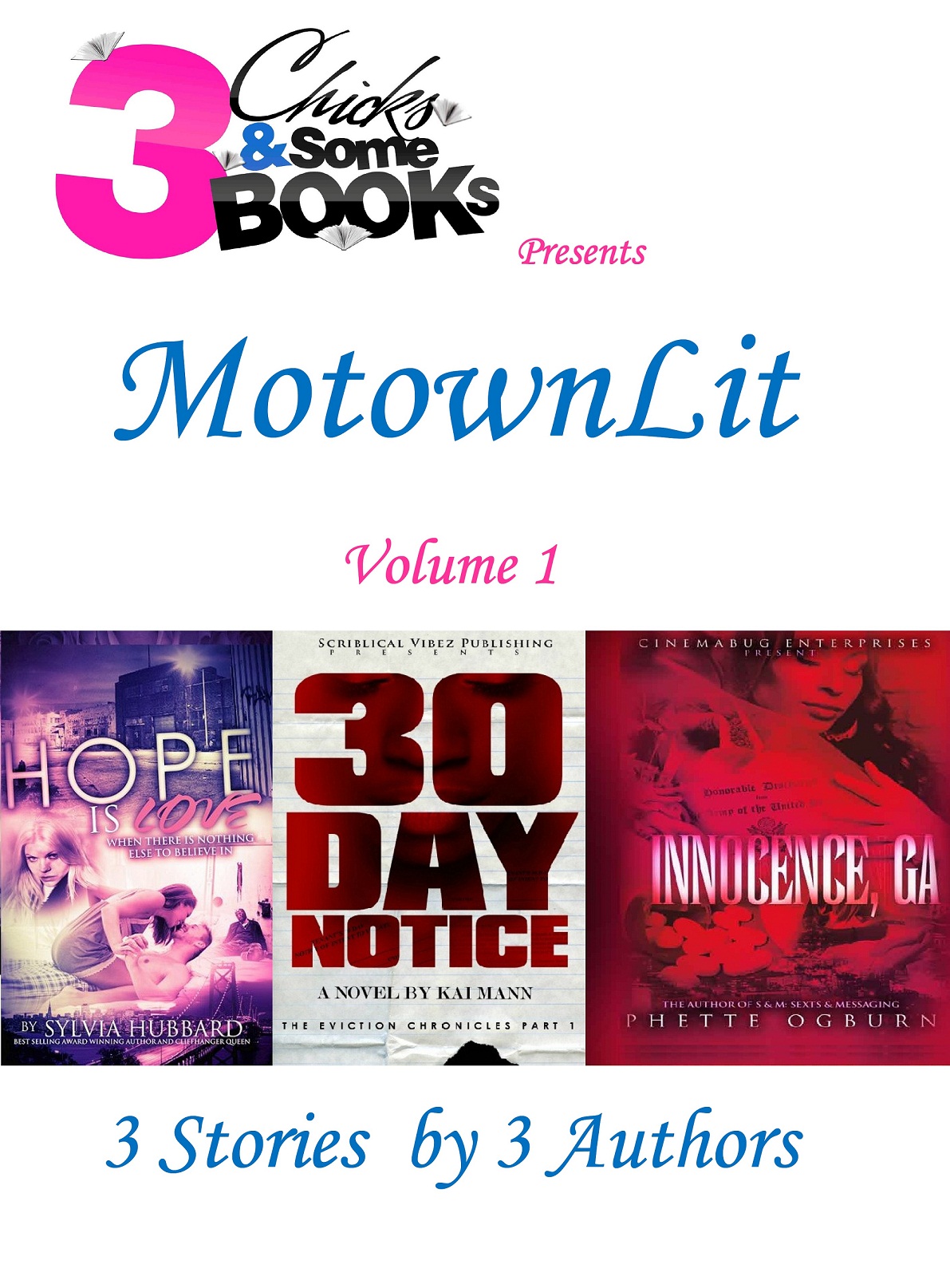Monthly Archives: April 2017
Building Your Writing Career
From Dave Farland:
Many writers begin their writing journey and choose to focus on gaining the skills they need to become publishable. In fact, that becomes their sole focus. They don’t worry about learning how to sell their books. After all, you can’t sell a book that you haven’t written, right?
But what happens when you do sell a book and suddenly find that in addition to learning how to write, you now need to launch a career?
I’ve known many authors who have done just that. They focused on becoming writers and never learned the first thing about building a career. They’ve taken so little thought to the business side of writing that in some cases, they even managed to derail their career before it got started.
So, what are the first steps in building a career?
One of the first steps you need to take is to begin building “your list.” What is your list? It is a list of friends and fans and business associates who want to follow your career. These are people who will go out and buy your books. In fact, a good friend or fan will go out and buy your book on a certain day, a day that you ask them to buy it, in order to help launch your book on the bestseller lists.
Now, if you’re like me, you’ll think, “I don’t know anyone who would do that!” Well, you might be surprised at how many people would be willing to do that, if you just ask them to.
So, how do you ask? You send an invitation to people that you keep on an email list. This list is your most important business asset as a writer.
Who is on your list? How about this: look at your family first, not just your immediate family, but also your cousins, nephews, nieces, and even your crazy uncle. If you’re from a large family, getting the names and email addresses of these people can take some time. But it’s worthwhile. Family members are often eager to buy your books, tell friends what you’ve done, and so on. Even if they aren’t frequent readers, they’re likely to read your work.
Who else is on your list? How about your business associates at the place(s) that you’ve worked? How about old friends and classmates from school—from kindergarten on through college, and even people that you’ve taken seminars with?
Then go to your business associates—other writers, producers, editors, agents, and so on.
read more: http://www.thepassivevoice.com/2017/04/building-your-writing-career/
How To Make Your Readers Believe the Unbelievable (Or, The Importance of Facts in Fiction)
 Please welcome Colleen Oakley as our guest today!|
Please welcome Colleen Oakley as our guest today!|
Colleen’s debut novel Before I Go was a People Best New Book Pick, an Us Weekly “Must” Pick, a Publisher’s Lunch Buzz Book, a Library Journal Big Fiction Debut, and an Indie Next List Pick. Formerly the senior editor of Marie Claire and editor-in-chief of Women’s Health & Fitness, Colleen’s articles, essays, and interviews have been featured in The New York Times, Ladies’ Home Journal, Marie Claire, Women’s Health, Redbook, Parade, and Martha Stewart Weddings. She lives in Atlanta with her husband, four kids, and the world’s biggest lapdog, Bailey. Close Enough to Touch is her second novel.
People often ask me which I like better—writing articles for magazines or writing fiction, and I often say the two go hand in hand. Though fiction I’m obviously making up, I rely heavily on the research and reporting skills I honed in journalism to help guide and craft my novels. I think that surprises readers sometimes, so I’m passionate about sharing my process and the idea that the best fiction always has at least a small basis in fact.
Connect with Colleen on Facebook and Twitter.
How To Make Your Readers Believe the Unbelievable (Or, The Importance of Facts in Fiction)
Read more: http://writerunboxed.com/2017/04/23/how-to-make-your-readers-believe-the-unbelievable-or-the-importance-of-facts-in-fiction/
Tenacity, the Key to the Writing Life

I began reading Louise Glück’s poems around the time I handed in the final draft of my first book. Now I can see that the book was a culmination of a decade of work and obsession, but at the time, without the manuscript to anchor my thoughts, I felt adrift. I had to come down from the high of achieving what I had set out to do and had to face the blank page again. For a year, I plunged into another project, until I realized that I was rewriting my first book and that I did not yet have the depth and experience to give the new story the justice it deserved. For another year, I hardly wrote at all. I had a few real life adventures, but for the most part, I felt that I was waiting at my desk for words that would not arrive. Without my usual way of expressing what I saw and felt, it seemed to me that the world had lost its texture
Read more…






